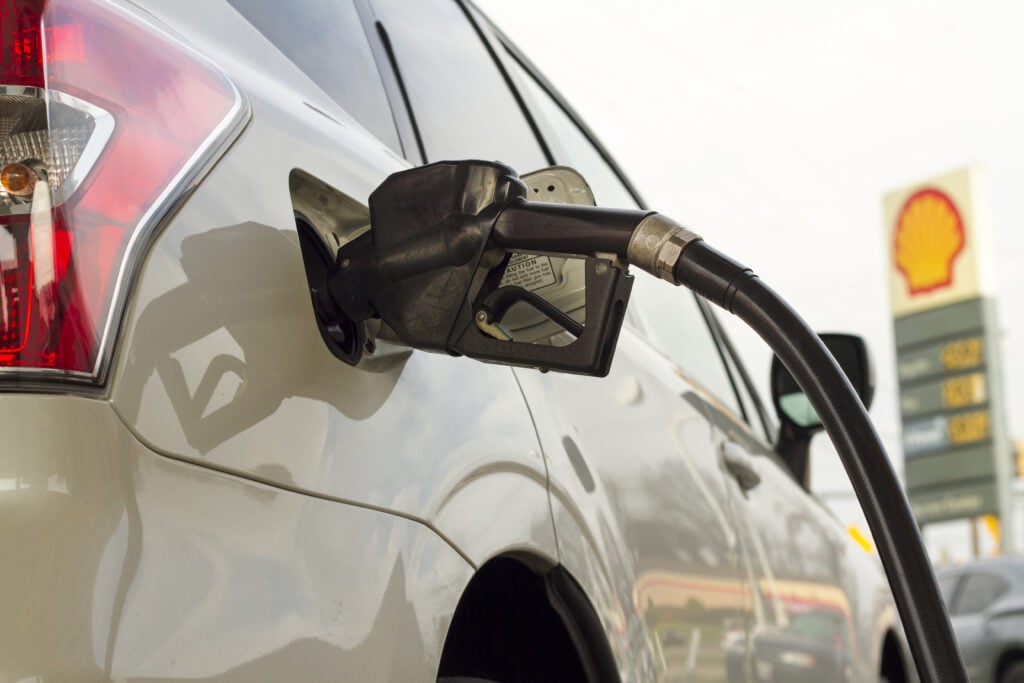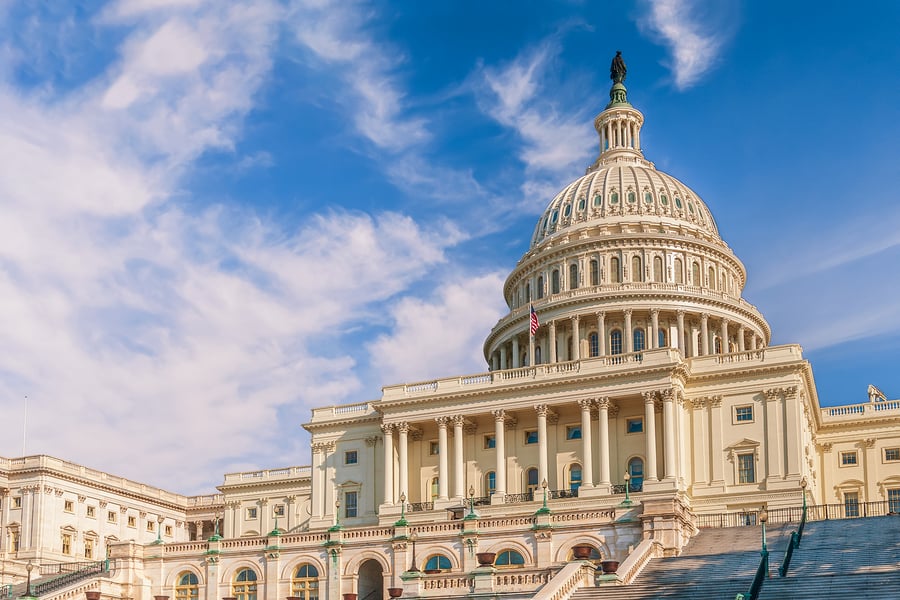Biden Pricing Working Families Out Of Car Ownership
The New York Times notes that EPA is releasing rules that are intended to ensure that electric cars represent between 54 and 60 percent of all new cars sold in the United States by 2030 and 64 to 67 percent by 2032—in 9 years. That would exceed President Biden’s earlier goal announced in 2021 to have all-electric cars account for half of new car sales by 2030. The purpose of the new EPA regulations is to essentially regulate cars with combustible engines out of business by making the rules so stringent that car companies cannot comply, which is a de facto death knell. Today, less than six percent of cars are electric, despite tax credits of up to $7,500. The federal government is also providing tens of billions of subsidies to battery producers and offering prime parking spaces to electric vehicles with charging stations at nearly every shopping center in America. This ruling would result in a complete transformation of the automotive industrial base and the automotive market, whether the American public likes it or not.
Also, the new rule would be the U.S. federal government’s most aggressive climate regulation yet and more stringent than that of other countries. The European Union enacted vehicle emissions standards that are expected to phase out the sale of new gasoline-powered vehicles by 2035, and Canada and Britain have proposed standards similar to the European model.
Despite nearly every major car company having invested heavily in electric vehicles, few have committed to the levels that the Biden administration is seeking. Thus, the proposed regulation poses a significant challenge for automakers as many have also faced supply chain problems that have held up production levels. Even manufacturers who are enthusiastic about electric models are unsure whether consumers will buy enough of them to make up the majority of new car sales within a decade or where they will find the critical minerals to manufacture the electric vehicles.
Rapidly speeding up the adoption of electric vehicles in the United States would require other significant changes, including the construction of millions of new electric vehicle charging stations, an overhaul of electric grids to accommodate the power needs of those chargers and securing supplies of minerals and other materials needed for batteries. Experts say it will not be possible for electric vehicles to go from niche to mainstream without making electric charging stations as ubiquitous as corner gas stations. A 2021 infrastructure law provided $7.5 billion to build a network of about 500,000 charging stations along federal highways, but a January report from S&P Global concluded that millions were needed.
Since electric vehicles require fewer than half as many workers to build as gasoline-powered cars because they require less parts, there is likely to be economic dislocation for American workers, particularly given the speed that the Biden administration is moving. To deal with the job disruption situation, Biden administration officials have held weekly telephone calls with union leaders as they worked on the proposed rule. Biden has repeatedly misled the American public relating to his climate goals, presenting the transition as an economic opportunity and emphasizing that it will create new jobs in a “clean energy” economy–jobs in wind, solar, hydrogen, nuclear, and electric vehicles that are not happening.
The proposed EPA regulation will need to go through a public comment period and could be amended before becoming final. Regardless, it is certainly to be met by legal challenges.
DOE Adds to the Process
Further, the Department of Energy (DOE) is proposing to reduce electric vehicles’ mileage ratings to help achieve Biden’s proposed fuel economy requirements–a move that could force automakers to sell more low-emission (electric) cars. DOE plans to significantly revise how it calculates the petroleum-equivalent fuel economy rating for electric and plug-in electric hybrids for use in the National Highway Traffic Safety Administration’s (NHTSA) Corporate Average Fuel Economy (CAFE) program. NHTSA is expected to soon propose parallel new stringent CAFE requirements to those of EPA. In 2022, NHTSA sharply raised CAFE standards for vehicles.
Conclusion
The Biden Administration and climate change alarmists are moving swiftly to get rid of gas-fueled cars–essentially through abolition. While EPA’s proposed rule would not mandate that electric vehicles make up a certain number or percentage of sales, it would require that automakers ensure that the total number of vehicles they sell each year does not exceed a certain emissions limit. Because the limit would be so severe, it would force carmakers to ensure that two-thirds of the vehicles they sold were all-electric by 2032, or automakers will be forced to pay fines. Automakers buy credits or pay fines if they cannot meet the Corporate Average Fuel Equivalent (CAFE) requirements. Stellantis, then known as Fiat Chrysler, paid $152.3 million in total CAFE fines for 2016 and 2017 and faces additional civil penalties. In 2022, NHTSA more than doubled CAFE penalties. Essentially, the proposed regulation(s) are depriving the American public of vehicle choice that most fits their lifestyle and could easily affect economic growth in this country by stifling transportation. This is especially true when only one-third of Americans would consider purchasing an electric vehicle.
*This article was adapted from content originally published by the Institute for Energy Research.



